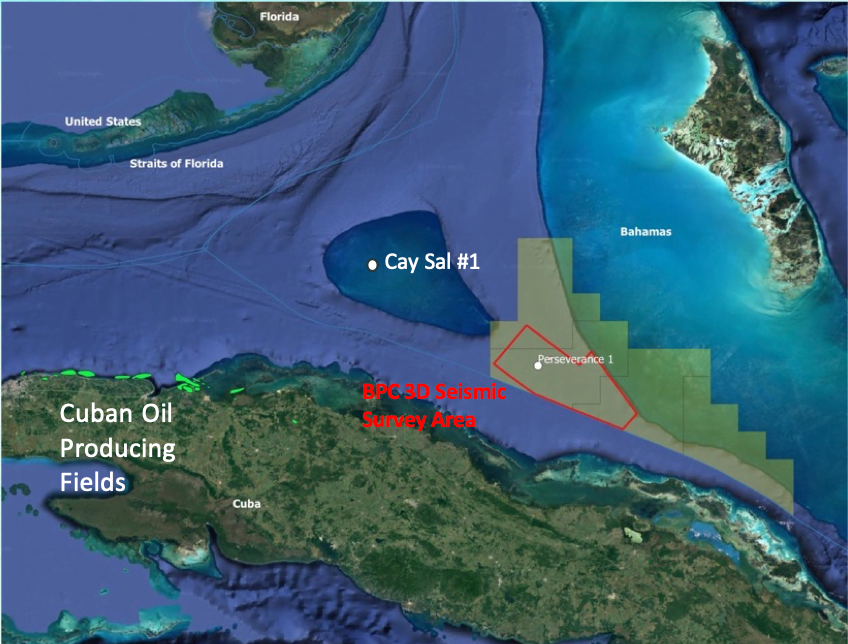GLASGOW, SCOTLAND — Prime Minister Philip Brave Davis yesterday advised the country would be pursuing the monetization of its carbon credits, transferable points gained from reducing greenhouse gas emissions (GHG), rather than oil drilling.
Davis maintained that oil exploration does not necessitate the exploitation of natural resources, but would rather provide an opportunity to monetize the find.
He spoke to the government’s plans to access concessionary lending on the sidelines of COP26, the global United Nations (UN) conference about climate change and how countries are planning to tackle it.
Carbon credits are certified by independent organizations or governments and represent an emission reduction of one metric tonne of CO2, or an equivalent amount of other GHGs. The credits are transferable and generally sought after by major companies seeking to offset carbon dioxide emissions to meet regulatory limits.
Davis explained that global leaders are not responding to calls for funding.
“We have what they call a graduated state; we are not eligible for concessionary lending — that is going to change because we are now working on a framework for what they call the multi-vulnerable indexes to ensure the countries like ours could have access to concessionary lending,” Davis said.
“So, in the absence of being able to find revenues to adapt and mitigate against climate change, we have to look elsewhere.
“Drilling in [and] of itself does not necessarily mean exploitation, if you drill and find you can monetize the find without exploiting it. But for right now, what we are doing, what I’m considering, is the replacement of the thought of drilling with monetizing our carbon credits.”
Last week, Press Secretary Clint Watson told reporters that Davis is “engaging with experts” to determine his administration’s position on oil drilling going forward.

While in opposition, Davis affirmed his support for oil drilling under the caveat it is done in an “environmentally friendly” manner.
He previously told Eyewitness News that he still supports the agreement struck with the Bahamas Petroleum Company (BPC), now Challenger Energy, to exploit the natural resource for the benefit of the Bahamian people — if it is found to exist in commercial quantities.
Challenger is now focused on renewing the licenses into a third, three-year exploration period and securing a partner — ideally a large industry player — to provide expertise and capital for the next phase of activity.
The company’s Perseverance #1 well represented the first exploratory drilling in The Bahamas since the mid-1980s and the first test of any prospect located in deeper waters off the shallower water carbonate banks.
Drilling concluded in February of this year without incident and no discovery of commercial quantities of oil.






